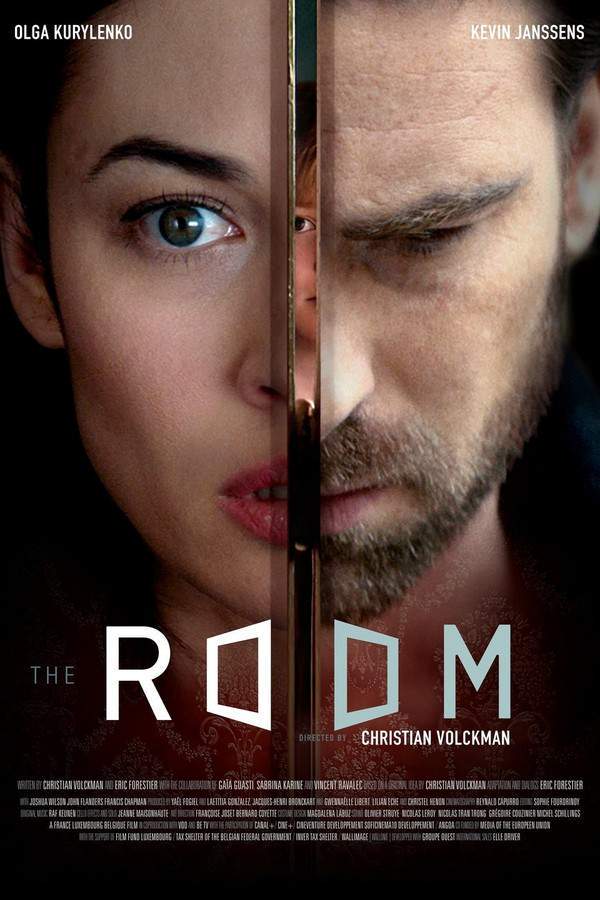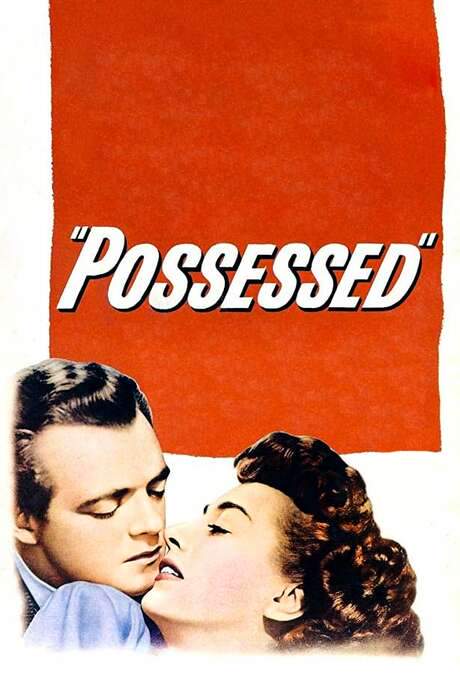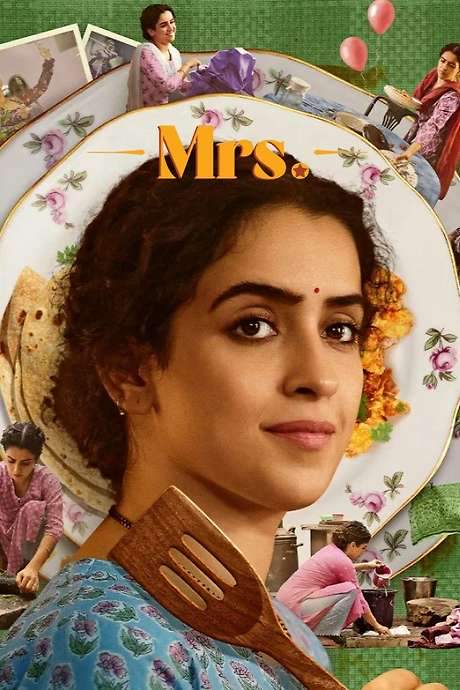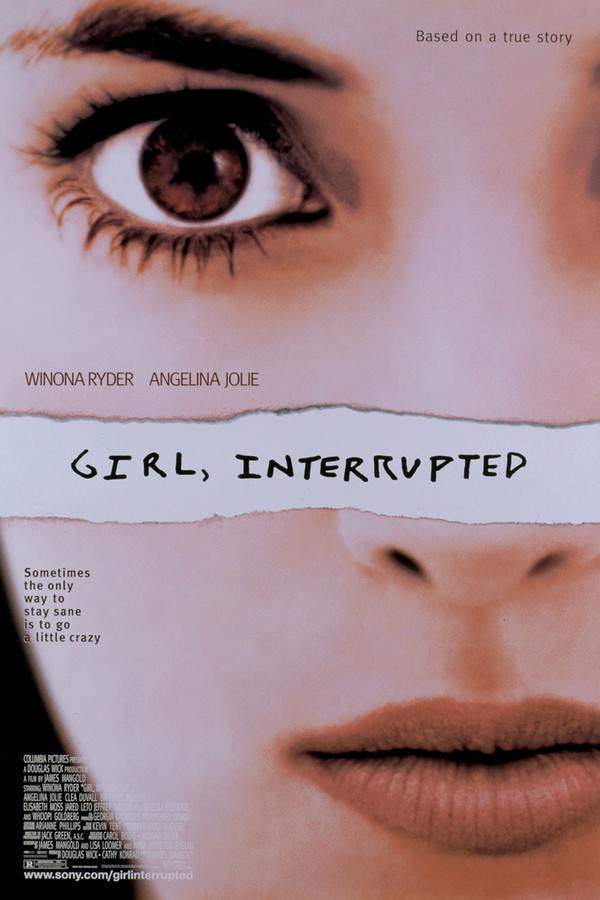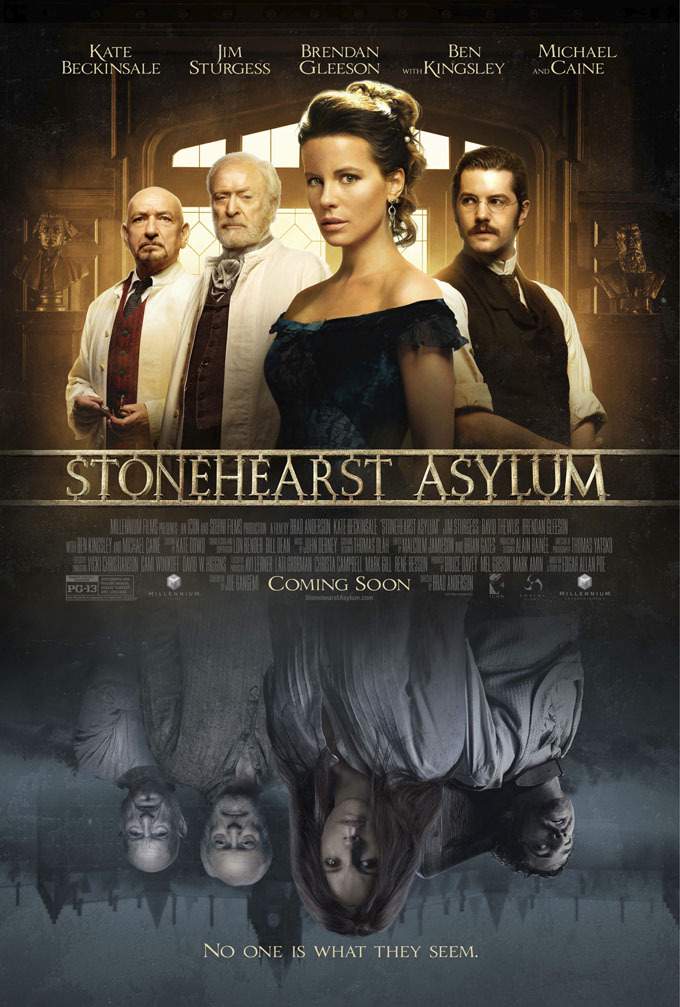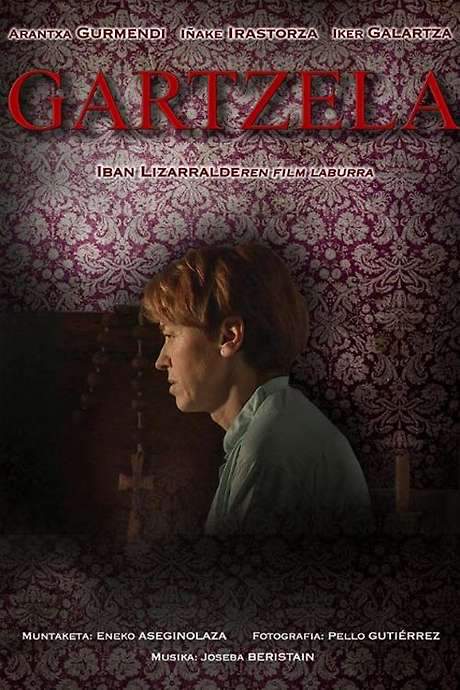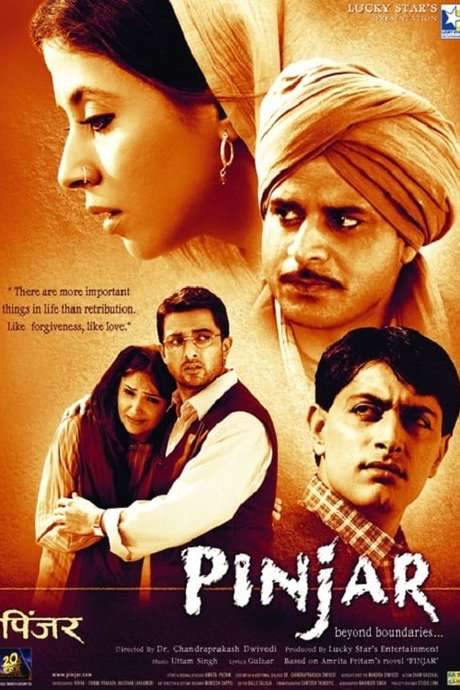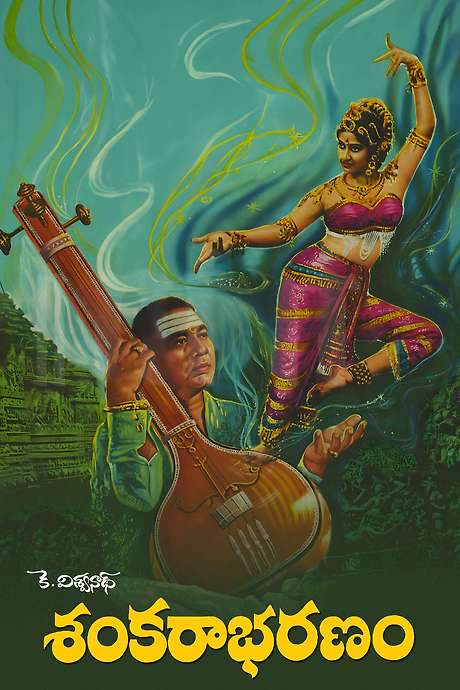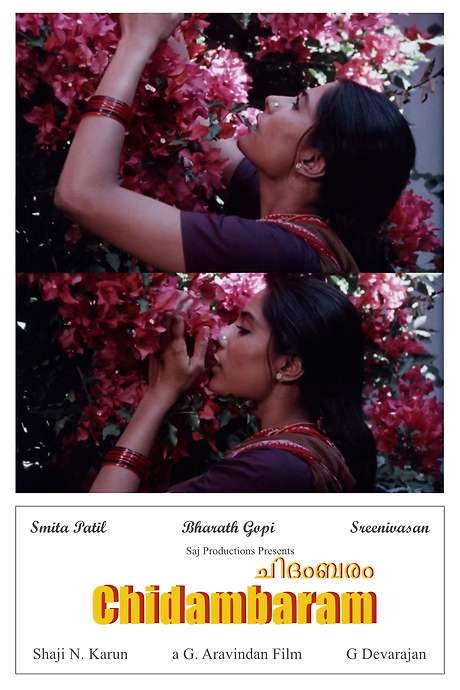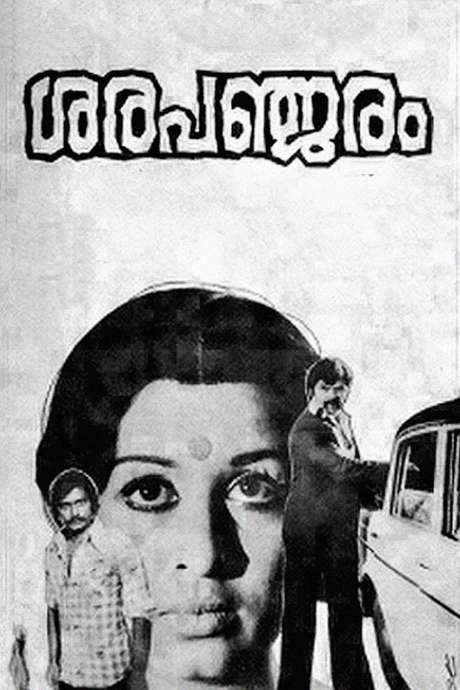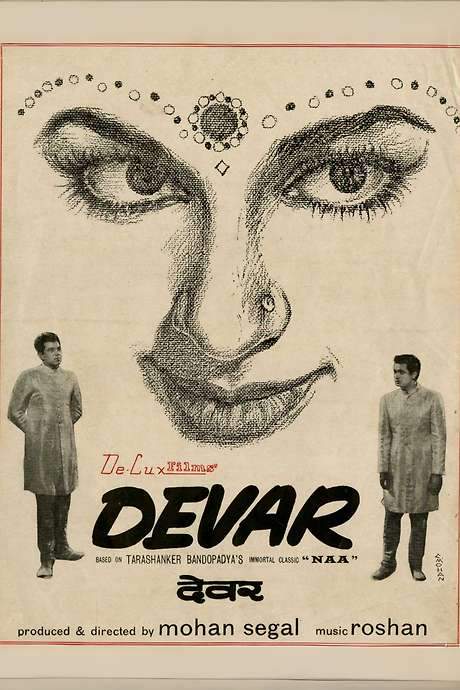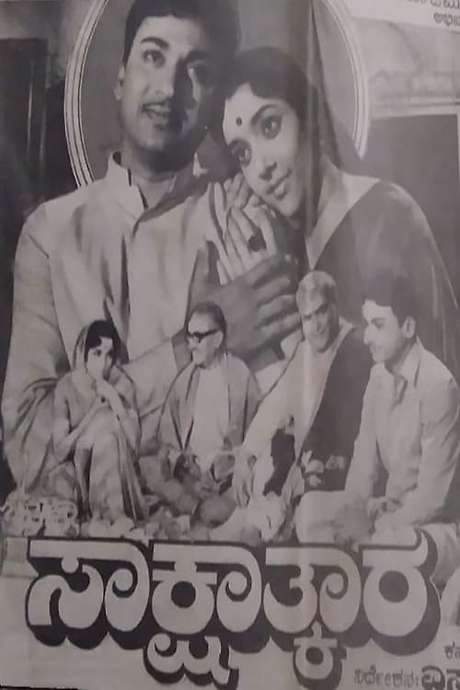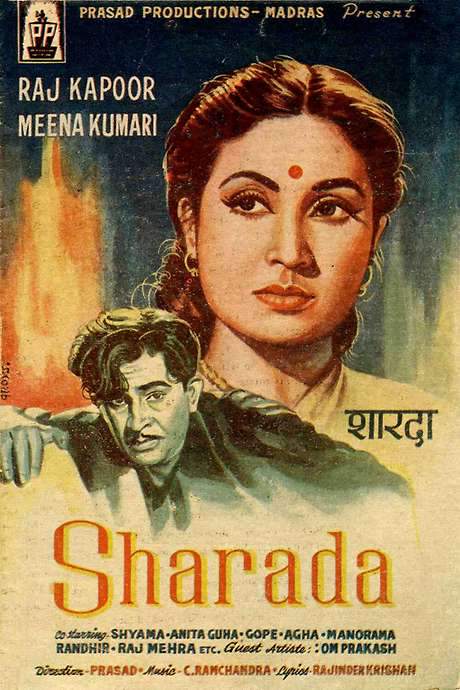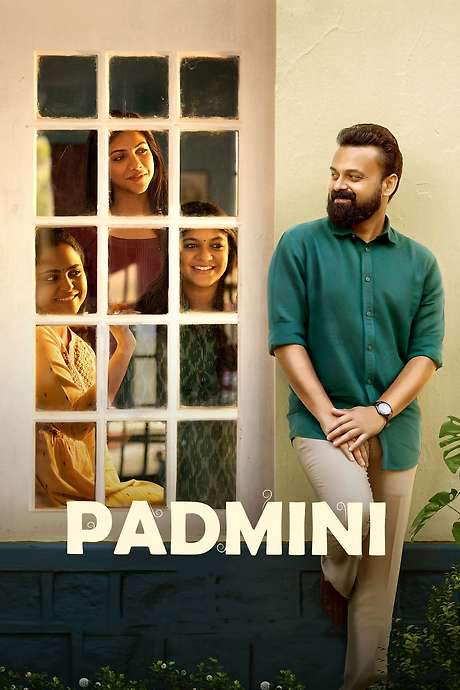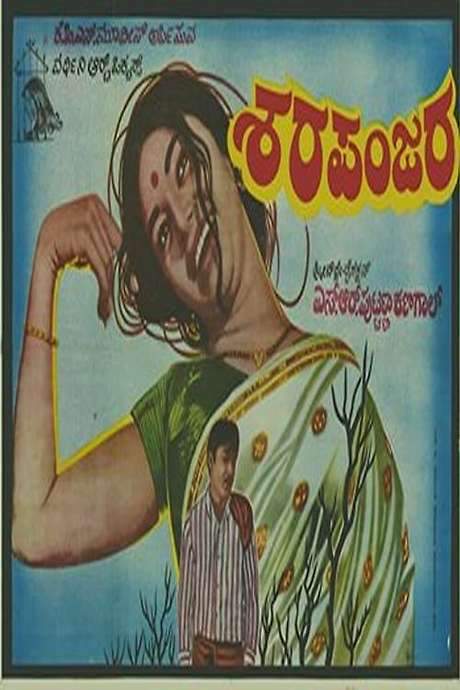
Sharapanjara
Year: 1971
Runtime: 174 mins
Language: Kannada
Director: S.R. Puttanna Kanagal
Adapted from Triveni’s novel, the story follows Kaveri and Sathish, whose loving marriage is shattered when Sathish learns of Kaveri’s childhood trauma. His changed attitude triggers a painful exploration of a woman’s chastity, societal rejection of mental illness, and the strain of unfaithful partners.
Warning: spoilers below!
Haven’t seen Sharapanjara yet? This summary contains major spoilers. Bookmark the page, watch the movie, and come back for the full breakdown. If you're ready, scroll on and relive the story!
Sharapanjara (1971) – Full Plot Summary & Ending Explained
Read the complete plot breakdown of Sharapanjara (1971), including all key story events, major twists, and the ending explained in detail. Discover what really happened—and what it all means.
Kaveri [Kalpana] is an educated, sophisticated, and beautiful woman from a loving middle-class family. At a friend’s wedding, Satish [Gangadhar] falls in love with her, and they marry with the blessings of their families. The couple builds a dream house, welcomes a son, and even buys a car, presenting a picture-perfect life that many around them admire and envy. Their early years seem to encapsulate happiness and stability, a testament to a union that looks ideal on the surface.
As Kaveri conceives a second time, medical alarms surface about her health. After the baby is born, she is haunted by memories of a sexual assault from her college days and begins to show symptoms of postpartum psychosis. She is admitted to an in-house mental health facility for treatment, where she encounters professional care and the challenge of navigating stigma. During this period, she engages with a psychologist Loknath who helps her confront trauma and regain footing in her life.
Returning home after treatment, Kaveri encounters a cold reception from Satish, and the atmosphere at home grows tense. The family, neighbors, and even the household staff react with a mix of pity, suspicion, and judgment, revealing how deeply ingrained norms around mental illness run. Maithili [M.N. Lakshmi Devi], Kaveri’s mother, and Narayanappa [K.S. Ashwath], her father, stand by her, offering support, while Vijaya [Leelavathi], Satish’s sister, and Vishali [Advani Lakshmi Devi], Kaveri’s mother, struggle to reconcile traditional expectations with a desire to protect her. The domestic staff, including the cook [Shivaram], mirror a social climate where sensitivity to mental health is not always present, complicating Kaveri’s path to healing.
The delicate balance shatters when Satish enters into an extramarital relationship with a female colleague. This betrayal intensifies Kaveri’s vulnerability and can trigger a relapse of her symptoms, leading to another round of readmission to the mental health facility. The crisis underscores how personal betrayals can intersect with social judgement, amplifying the pain of someone already navigating mental illness.
The film shines a light on two major social issues. First, the acceptability of mental illness within everyday life—the stigma that surrounds conditions like postpartum psychosis, observed in how members of the household, workers, and neighbors respond, often with blame or withdrawal rather than understanding and support. The portrayal shows how a community’s reactions can either hinder healing or push a person toward isolation. Second, male ego and entitlement—the way a husband’s reaction to a wife’s trauma can hinge on prejudice and control rather than partnership, using past incidents as an alibi to distance himself and maintain power. The narrative also acknowledges the lingering impact of the college incident, reminding viewers that trauma can cast a long shadow over present relationships.
Throughout, the film maintains a measured, compassionate tone that delves into intimate emotions while critiquing social norms. The performances—especially Maithili and Narayanappa as the supportive parents, Vijaya as the sister who navigates family dynamics, and Vimala [Chindodi Leela] as a figure who intersects with these issues—lend depth to the story. The portrayal of Kaveri’s journey, from hope to struggle to resilience, invites reflection on the dignity of those facing mental health challenges and the responsibility communities bear to respond with empathy rather than judgment.
Last Updated: October 09, 2025 at 11:18
Explore Movie Threads
Discover curated groups of movies connected by mood, themes, and story style. Browse collections built around emotion, atmosphere, and narrative focus to easily find films that match what you feel like watching right now.
Marriage breakdown dramas like Sharapanjara
Intimate dramas where societal norms and personal secrets tear a marriage apart.Discover movies like Sharapanjara that delve into the painful unraveling of a marriage. If you were gripped by the societal pressures and personal trauma that shattered Kaveri and Sathish's life, these similar family dramas explore the complex themes of betrayal, mental health stigma, and the heavy weight of secrets within a relationship.
Narrative Summary
These stories typically begin with an apparently stable or loving relationship that is fundamentally challenged by a secret from the past or a crisis in the present. The narrative follows the couple as they navigate betrayal, misunderstanding, and the judgment of their community, leading to a painful examination of their vows and individual identities.
Why These Movies?
Movies are grouped here for their shared focus on the intimate tragedy of a marriage collapsing due to forces beyond simple romantic incompatibility. They share a heavy emotional weight, a steady, character-driven pacing, and a dark, socially critical tone that makes the personal struggle feel universally resonant.
Mental illness and stigma dramas like Sharapanjara
Gripping character studies of individuals battling illness and societal rejection.Explore movies similar to Sharapanjara that focus on the harrowing journey of coping with mental health crises. If you appreciated the film's raw depiction of postpartum psychosis, psychiatric treatment, and the painful societal rejection faced by Kaveri, these stories share a compassionate yet dark perspective on trauma, recovery, and family support.
Narrative Summary
The narrative pattern follows a protagonist's descent into a psychological crisis, often triggered by a traumatic event. The story charts their journey through diagnosis, treatment (sometimes involving confinement), and the parallel struggle of their loved ones, all while confronting the harsh judgments of society. The emotional arc is one of immense internal and external conflict.
Why These Movies?
These films are united by their central focus on the subjective experience of mental illness and the added burden of societal stigma. They create a similar vibe of anxiety and somber reflection, are paced steadily to allow for deep character immersion, and carry a high intensity due to the emotionally draining subject matter.
Unlock the Full Story of Sharapanjara
Don't stop at just watching — explore Sharapanjara in full detail. From the complete plot summary and scene-by-scene timeline to character breakdowns, thematic analysis, and a deep dive into the ending — every page helps you truly understand what Sharapanjara is all about. Plus, discover what's next after the movie.
Sharapanjara Timeline
Track the full timeline of Sharapanjara with every major event arranged chronologically. Perfect for decoding non-linear storytelling, flashbacks, or parallel narratives with a clear scene-by-scene breakdown.

Characters, Settings & Themes in Sharapanjara
Discover the characters, locations, and core themes that shape Sharapanjara. Get insights into symbolic elements, setting significance, and deeper narrative meaning — ideal for thematic analysis and movie breakdowns.

Sharapanjara Spoiler-Free Summary
Get a quick, spoiler-free overview of Sharapanjara that covers the main plot points and key details without revealing any major twists or spoilers. Perfect for those who want to know what to expect before diving in.

More About Sharapanjara
Visit What's After the Movie to explore more about Sharapanjara: box office results, cast and crew info, production details, post-credit scenes, and external links — all in one place for movie fans and researchers.

Similar Movies to Sharapanjara
Discover movies like Sharapanjara that share similar genres, themes, and storytelling elements. Whether you’re drawn to the atmosphere, character arcs, or plot structure, these curated recommendations will help you explore more films you’ll love.
Explore More About Movie Sharapanjara
Sharapanjara (1971) Scene-by-Scene Movie Timeline
Sharapanjara (1971) Movie Characters, Themes & Settings
Sharapanjara (1971) Spoiler-Free Summary & Key Flow
Movies Like Sharapanjara – Similar Titles You’ll Enjoy
Savita Damodar Paranjpe (2018) Ending Explained & Film Insights
Sundarapurushan (2001) Plot Summary & Ending Explained
Swayamvarapanthal (2000) Movie Recap & Themes
Pinjar (2003) Film Overview & Timeline
Sankarabharanam (1980) Spoiler-Packed Plot Recap
Banjaran (1991) Movie Recap & Themes
Chidambaram (1985) Spoiler-Packed Plot Recap
Sarapancharam (1979) Full Summary & Key Details
Sharabi (1964) Spoiler-Packed Plot Recap
Devar (1966) Movie Recap & Themes
Sakshathkara (1971) Ending Explained & Film Insights
Sharada (1957) Full Summary & Key Details
Parvathy Parinayam (1995) Movie Recap & Themes
Ghar (1978) Ending Explained & Film Insights
Padmini (2023) Spoiler-Packed Plot Recap

